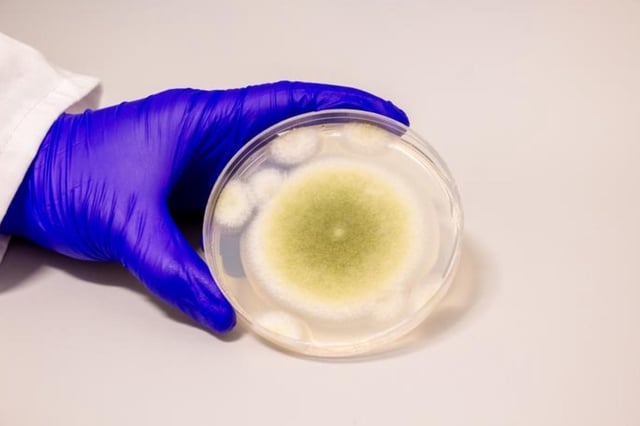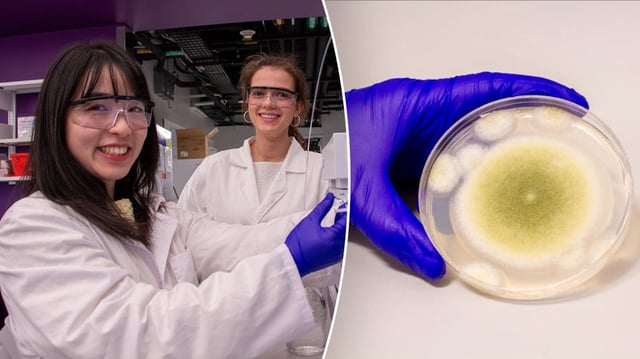Overview
- Researchers at the University of Pennsylvania isolated new cyclic peptides from the toxic fungus Aspergillus flavus that showed potent activity against leukemia cells in vitro.
- Lab tests demonstrated that several fungal peptides killed leukemia cells with efficacy rivaling standard drugs such as cytarabine and daunorubicin.
- The compounds enter cells through the SLC46A3 transporter and disrupt microtubule assembly to selectively halt cancer cell division.
- These peptides are now entering animal studies as a crucial preclinical step toward potential human clinical trials.
- Published in Nature Chemical Biology with support from NIH, NSF, the Welch Foundation and CPRIT, the findings underscore the untapped promise of natural product drug discovery.

